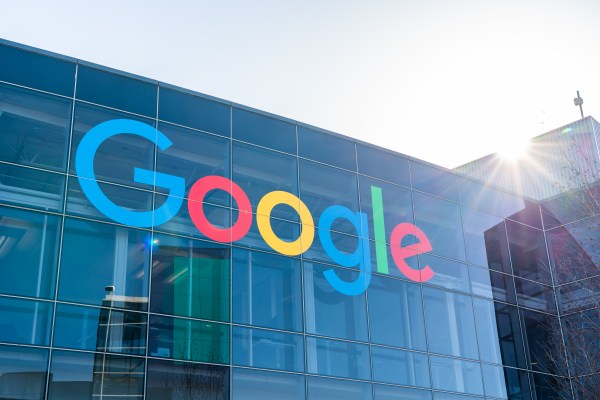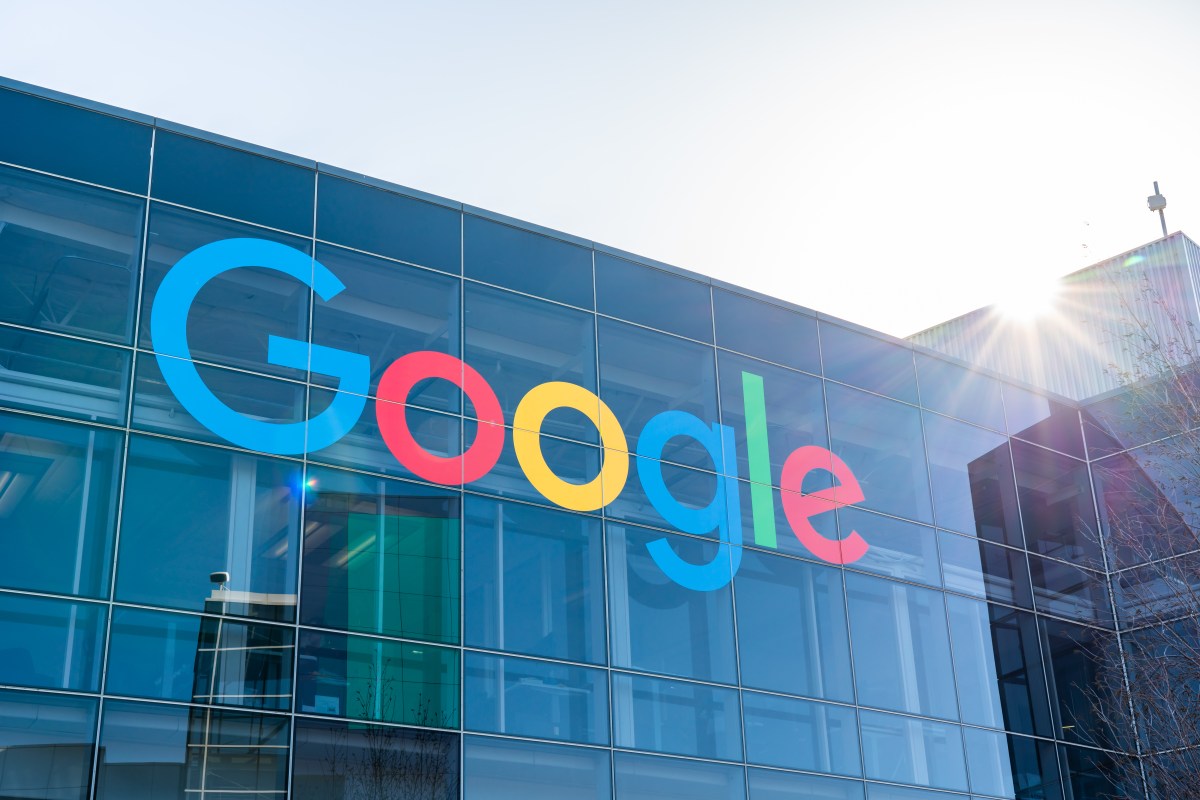[ad_1]

Google is challenging proposed laws that would require online services to implement age checks in a new framework that outlines how technology companies should think about protecting children online. The framework, titled “Legislative Framework for the Online Safety of Children and Adolescents”, is the tech giant’s response to Congress’s child online safety proposals.
In its set of principles, Google rejects policies that would require online services to verify the age of their users before allowing them access to their platforms. For example, Utah passed a law intended to begin requiring social media companies to verify the age of a user wishing to maintain or open an account. Google says such age verification policies would hinder business and potentially restrict access to critical information.
“Good legislative models – such as those based on age-appropriate design principles – promote safety and privacy, while enabling access to rich experiences for children and teens,” the company wrote in a blog post announcing the framework. “Can help hold companies accountable.” “Certainly, as policymakers consider these issues, they should carefully consider the broader implications of these bills and avoid blocking access to vital services, subjecting people (including adults) to unnecessary identifying or collecting sensitive personal information.” Side effects such as the need for
The company says that “data-intrusive methods”, such as verification with a government ID, should be limited to “high-risk” services that relate to alcohol, gambling or porn. For context, Louisiana recently passed a law requiring age verification to access adult websites in an effort to prevent children from viewing porn online. Google’s framework is not against age verification in this way.
Google argues that instead of enforcing a law requiring online services to verify age, these companies should “prioritize the best interests of children and teens in the design of their products.” Google says that online services used by children and teens “should be required to assess children’s collective interests, based on expert research and best practices, to ensure they are provided with age-appropriate products and Developing, designing and offering services.”
In other words, Google says online services should not be forced to block teens and children from their platforms, and should instead be required to design products appropriately.
Today’s outline comes four years after the Federal Trade Commission (FTC) fined Google and YouTube $170 million for violating children’s privacy. The FTC said YouTube illegally collected personal information from children and used it to make profits by targeting them with ads. As part of the settlement, the FTC said YouTube must develop and maintain a system that asks channel owners to identify their child-directed content to ensure that such videos do not place targeted advertisements. Go.
Interestingly, Google’s framework states that there should be a law banning personalized advertising to children and teens. Earlier this year, Senator Ed Markey (D-Mass.) announced the reintroduction of the Children and Teens Online Privacy Protection Act (COPPA 2.0), which would ban advertising targeted to minors. Google argues that “For those under 18, the law should ban personalized advertising, including personalization based on the user’s age, gender, or interests.”
In a separate online safety framework published today by YouTube, the video platform’s CEO Neil Mohan said the service does not serve personalized advertising to children.
Despite this claim, a recent report from ad performance optimization platform Adlytics alleges that YouTube continues to serve advertising targeted to minors. In a blog post, Google said Adalytics’ report was “grossly flawed and uninformative.” The report attracted the attention of Senator Marsha Blackburn (R-TN) and Senator Markey, who sent a letter to the FTC asking the government agency to investigate the matter.



